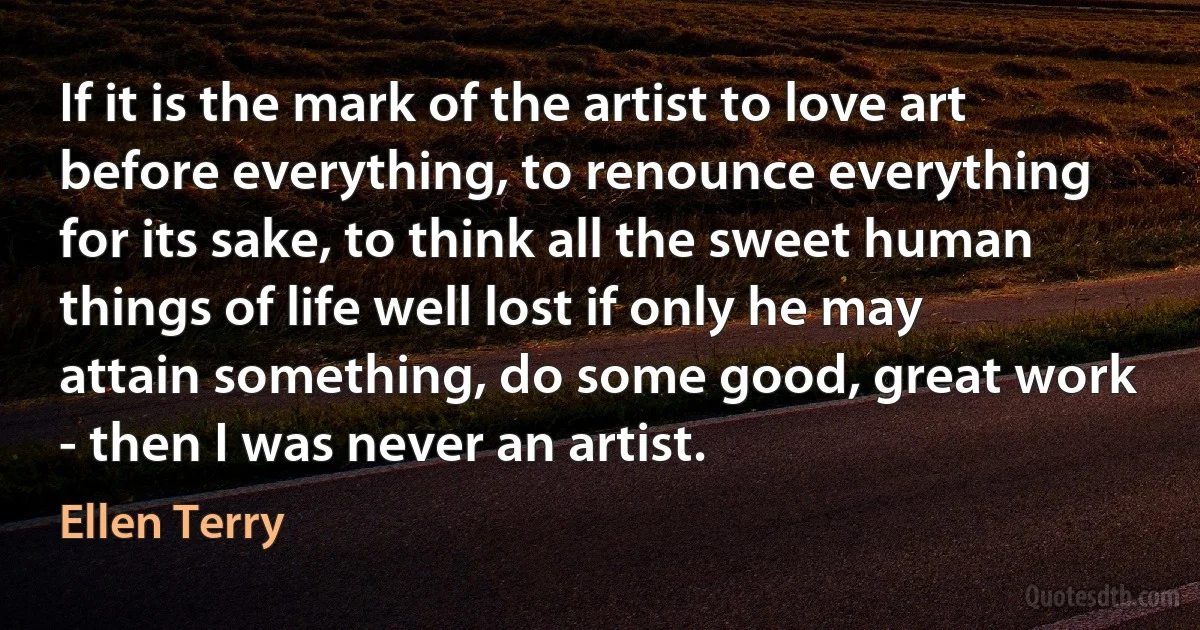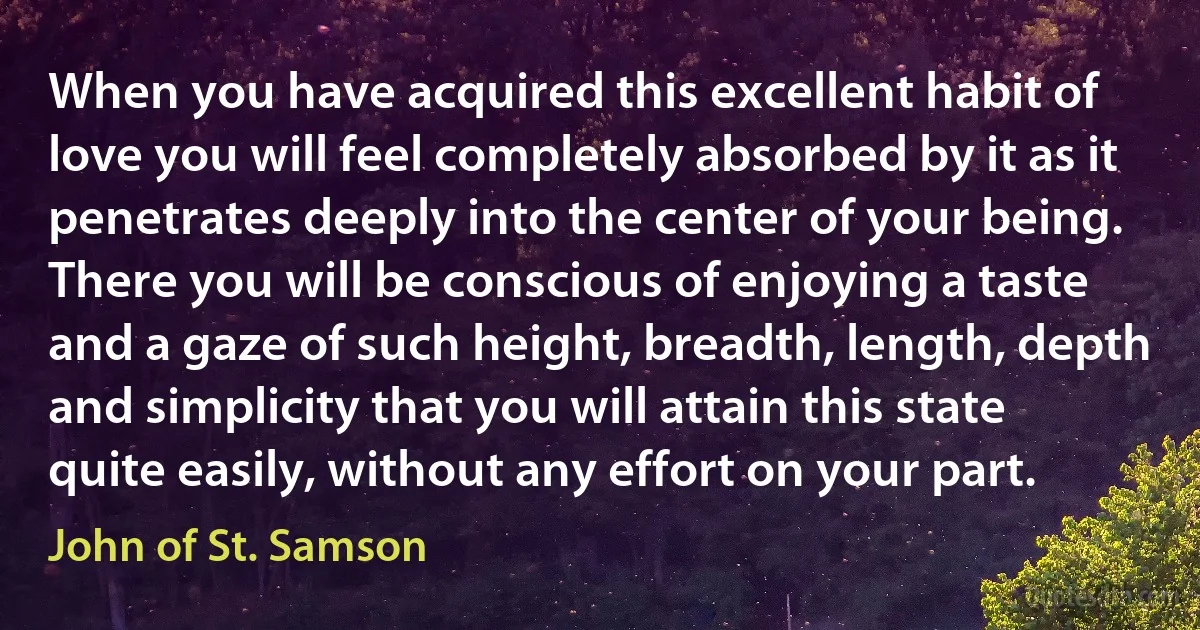Attain Quotes - page 17
We speak but once. Do not repeat your questions. What is not understood or is unheard is lost to Earth. You may find new ways of understanding and ascent, but by new steps. Therefore be alert. Tiredness is not dangerous. But levity and callousness are banes to mankind. Like a householder in constant action, be not afraid of a few drops of labor's perspiration. Even a misguided action is better than passivity. Attain the port. For each one is a ship provided.

Helena Roerich
Denying miracles, the Teacher pointed out the concealed powers of human nature which, when developed, can produce the so-called miracles.
The method of developing these powers is interpreted in Buddhist books and is known under the name of the science "Iddhi-Vidhanana,” which points out two forms of manifestation of these powers and two ways to attain them. One, the lower, is reached by way of various ascetic and other physical practices; the other higher one, embracing all possible manifestations, is attained by the power of inner development. The first method of developing these powers is not lasting and may be lost, whereas inner development can never be lost. Its mastery is attained by following the noble way indicated by Buddha. All these hidden powers gradually unfold in man, usually of themselves, in proportion to man's mastery of the lower expressions of his nature in a whole series of previous lives.

Helena Roerich
I was officially advised that during the long vacation it might be profitable to attain at least a nodding acquaintance with the curriculum, and thus stave off the already likely possibility that I would receive a degree classified so low it would be tantamount to a certificate of mental disability.

Clive James
To dwell in the here and now does not mean you never think about the past or responsibly plan for the future. The idea is simply not to allow yourself to get lost in regrets about the past or worries about the future. If you are firmly grounded in the present moment, the past can be an object of inquiry, the object of your mindfulness and concentration. You can attain many insights by looking into the past. But you are still grounded in the present moment.

Nhat Hanh
If we lavishly and boldly push forward in the creation and distribution of our riches, it is hard to over-estimate the pitch of beneficial influence to which we may attain in the present. But the maintenance of such a position is physically impossible. We have to make the momentous choice between brief greatness and longer continued mediocrity.

William Stanley Jevons
The way to attain love is to love. A less excellent love leads to a greater love, and a greater love in turn leads to the highest love, as well as to the most excellent and ultimate fruits of active love. Each of these degrees has its own theory and practice. All of them, especially the last degrees, possess a simple, exalted, and singular contemplation of the divine Object, which constantly exerts a powerful influence on the soul and ravishes it with delight.

John of St. Samson
We are forced to distinguish between three kinds of speech: (1) The external, "rhetorical speech,” in the common meaning of this expression, which only refers to images because they affect the passions. Since these images do not stem from insight, however, they remain an object of opinion. This is the case of the purely emotive, false speech: "rhetoric” in the usual negative sense. (2) The speech which arises exclusively from a rational proceeding. It is true that this is of a demonstrative character, but it cannot have a rhetorical effect because purely rational arguments do not attain to the passions, i.e., "theoretical” speech in the usual sense. (3) The true rhetorical speech. This springs from the archai, nondeductible, moving, and indicative, due to its original images. The original speech is that of the wise man, of the sophos, who is not only epistetai, but who with insight leads, guides, and attracts.

Ernesto Grassi
We have traditionally thought of knowing in terms of subject and object and have struggled to attain objectivity by detaching our subjectivity. It can't be done, and one of the achievements of postmodernity is to demonstrate that. What we are called to, and what in the resurrection we are equipped for, is a knowing in which we are involved as subjects but as self-giving, not as self-seeking, subjects: in other words, a knowing that is a form of love.

N.T. Wright



